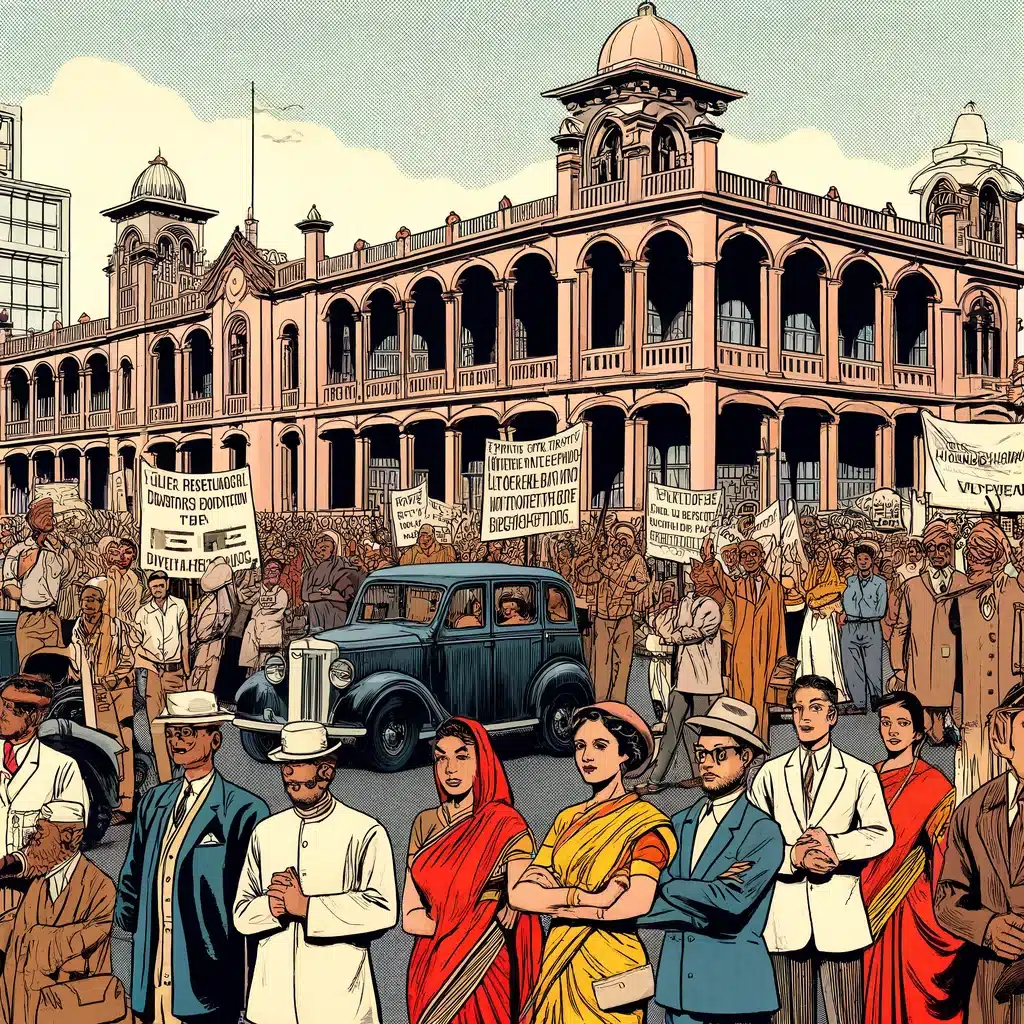Jul 23, 2020 10:02 UTC
| Updated:
Jul 23, 2020 at 11:20 UTC
NEWS: Wife of Colonel Who Died for India in Galwan Appointed Deputy Collector
Hyderabad: The wife of Colonel Santosh Babu, who was killed in a violent clash with the Chinese troops in Ladakh’s Galwan Valley in the previous month, has been appointed Deputy Collector. Telangana Chief Minister K Chandrashekar Rao handed over the appointment letter to Santoshi Babu at a lunch attended by senior officers and state ministers on Wednesday. Collector Shweta Mohanty also handed over documents for a 711 sq. yard house site in Hyderabad’s high-end Banjara Hills.
Chief Minister Rao said Ms. Santoshi, who has a four-year-old son and an eight-year-old daughter, must be posted only in Hyderabad and its surrounding areas. Chief Minister’s Secretary, Smita Sabharwal, has been instructed to assist Ms. Santoshi till the time she is properly trained for her new job. Mr. Rao also assured that the government will always stand with Col Babu’s family.
Earlier in June, Mr. Rao had appointed Ms. Santoshi a Group-I service officer in the state government when he visited the family at their home in Suryapet town, about 130 km from Hyderabad. The family was also given financial support of Rs 5 crore by the state government. The 39-year old Colonel was among the 20 soldiers who died for India in the Galwan Valley in eastern Ladakh on June 15 during a clash with Chinese troops in the biggest military confrontation between the nations in over five decades. Santosh Babu was in the 16 Bihar regiment as Commanding Officer. He joined the Army in 2004 and was first posted in Jammu and Kashmir, according to his father.
But in a recent purview, In the case of State Of Himachal Pradesh vs Shashi Kumar [1] on 16 January, 2019. The Supreme Court has repeated that the policy of compassionate appointment in public service is not a right, but a benefit held out by the state to rescue the family of an employee, who died in harness, from penury.
A Bench led by Justice D.Y. Chandrachud observed that compassionate appointment is an exception to the general rule that appointment to any public post in the service of the state has to be made on the basis of principles which accord with Articles 14 and 16 of the Constitution.
Financial Adversities:
“Dependants of a deceased employee of the state are made eligible by virtue of the policy on compassionate appointment. The basis of the policy is that it recognises that a family of a deceased employee may be placed in a position of financial hardship upon the untimely death of the employee while in service.“
The court said it was the “immediacy of the need” which furnishes the basis for the state to allow the benefit of compassionate appointment. Where the authority finds that the financial and other circumstances of the family are such that in the absence of immediate assistance, it would be reduced to being indigent, an application from a dependent member of the family could be considered, Justice Chandrachud wrote.
The court was hearing an appeal filed by Shashi Kumar, whose father, an employee with the horticulture department in Himachal Pradesh, died suddenly.
Mr. Kumar applied for compassionate appointment, but the State government wrote back saying that the income certificate does not contain the family pension amount received. The State government argued in the High Court that the information about the family pension was required to calculate the financial status of the family and whether it was in need of compassionate appointment. The High Court ruled in favour of Mr. Kumar, following which, the State moved the Supreme Court.
The Supreme Court set aside the High Court decision, reasoning that the scheme must take into account the welfare measures provided by the government, including the family pension.
1 CIVIL APPEAL NO.988 OF 2019




































